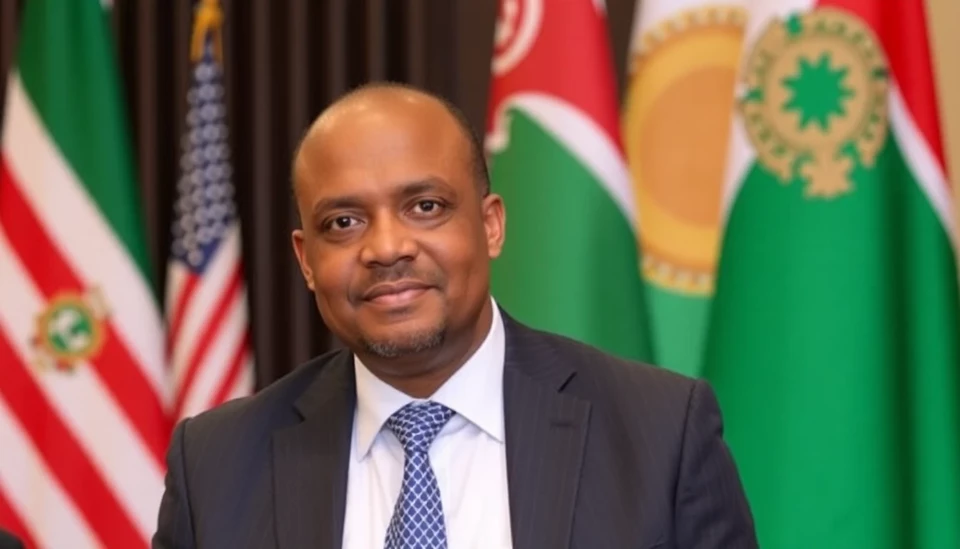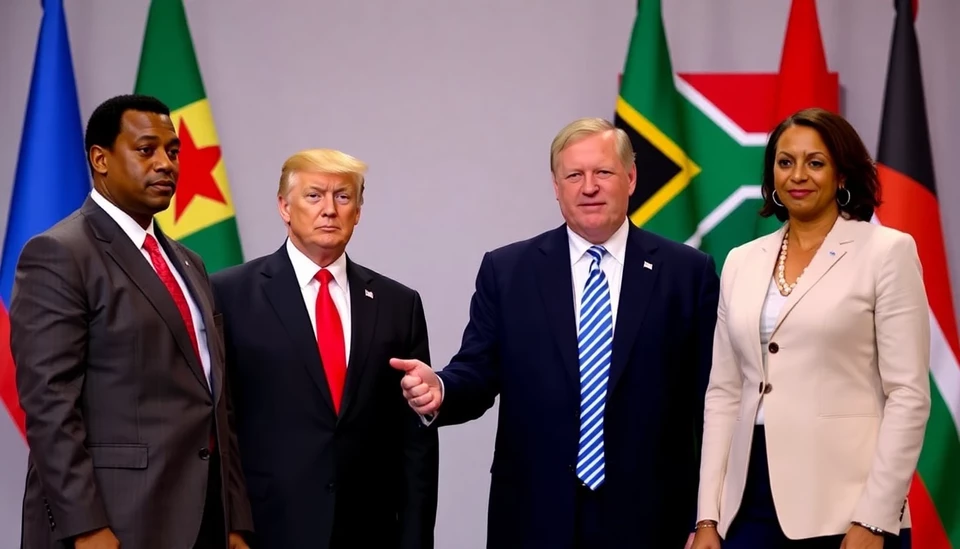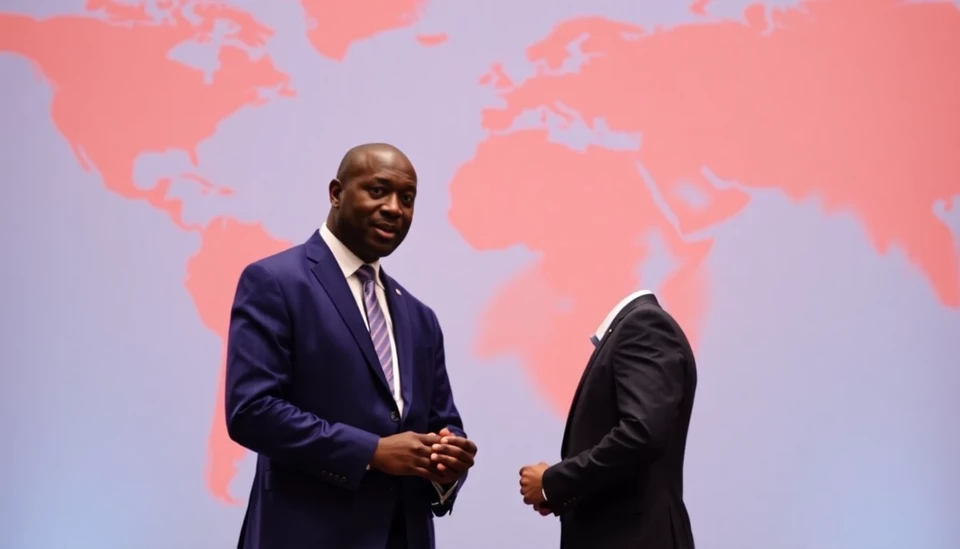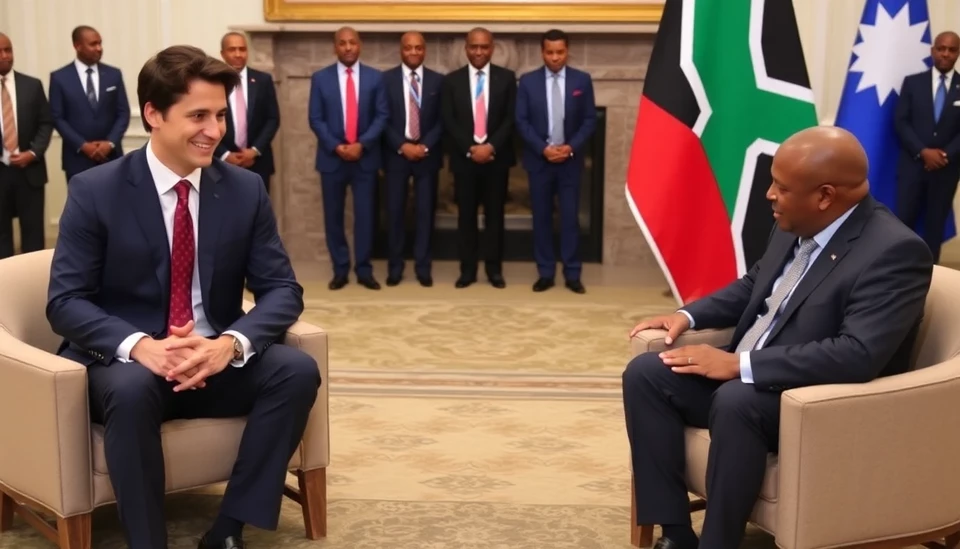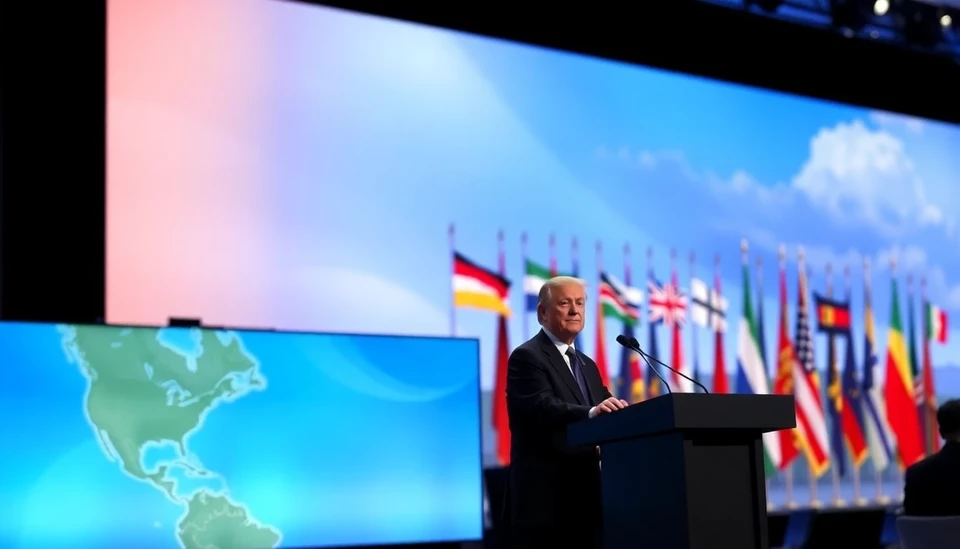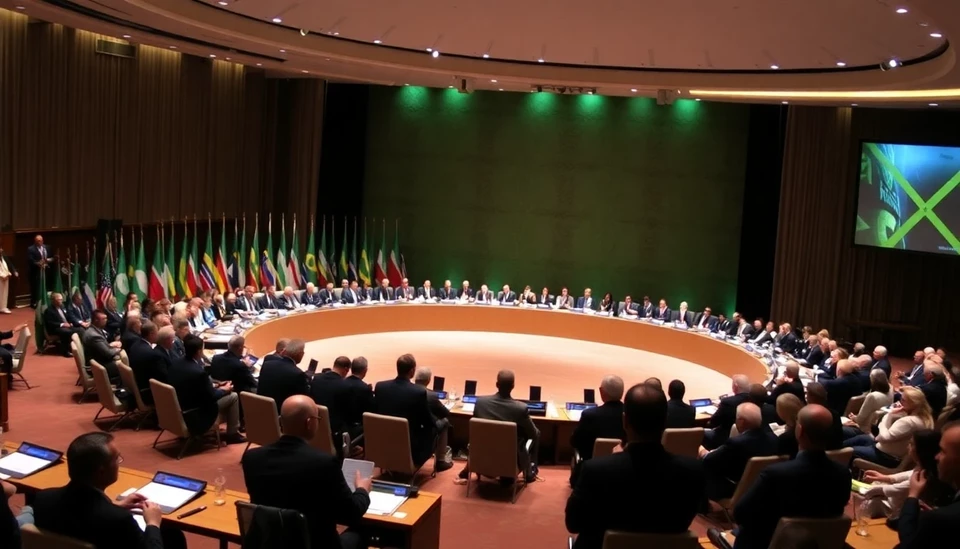
The G20 summit in Rio de Janeiro kicked off on November 18, 2024, drawing heads of state and representatives from the world's largest economies. As leaders convened, they faced a multitude of pressing global issues ranging from climate change and economic instability to international security and public health. This summit, serving as a crucial platform for dialogue, promises to address these challenges while balancing varying national interests.
One of the summit's key focal points is climate action. Ahead of the meeting, several countries advocated for stronger commitments to reduce greenhouse gas emissions and transition towards sustainable energy solutions. The host nation, Brazil, emphasized the importance of preserving the Amazon rainforest, which plays a vital role in global climate regulation. President Luiz Inácio Lula da Silva reiterated Brazil’s commitment to protecting its natural resources while seeking to stimulate economic growth through greener initiatives.
As discussions progressed, the leaders were met with a complicating factor: stark divisions in opinion regarding how to handle economic recovery post-pandemic. While advanced economies called for concerted measures and solidarity to support struggling nations, some emerging markets expressed skepticism, urging for respect for their unique economic circumstances and a tailored approach to international financial aid.
The summit also spotlighted pressing public health concerns. With new variants of concern emerging, the G20 leaders recognized the need for coordinated health strategies to prevent future pandemics. Discussions included increasing vaccine distribution and equitable access, enhancing global health security, and investing in medical research and infrastructure in lower-income nations. The emphasis was placed on partnership and collaboration to ensure that no one is left behind in the quest for adequate health solutions.
Digital transformation emerged as another critical topic on the agenda. The leaders agreed on the necessity for robust frameworks governing digital economies and cybersecurity. The push towards innovation is essential for economic revitalization, but it must be balanced against risks including data privacy and misinformation. Ensuring a digitally secure environment was declared a top priority to leverage technology for the betterment of societies globally.
Despite these shared goals, the atmosphere at the summit was not devoid of tension. Differences in geopolitical views were palpable, particularly between Western nations and some of their counterparts in the Global South. Discussions about trade policies, military cooperation, and sanctions regarding conflicting nations pointed to underlying rifts that could challenge consensus-building during the summit.
As the summit unfolded, civil society representatives and environmental activists echoed their demands outside the conference halls, calling on leaders to take bolder actions to combat climate change and uphold human rights worldwide. Their presence highlighted the urgent need for accountability from the leaders in addressing both social and environmental challenges.
As the discussions conclude, the outcomes of the G20 summit are set to influence global policies significantly. The collective decisions made here will play a vital role in shaping the future direction of international cooperation and response to the many crises facing the planet.
In summary, the G20 summit in Rio de Janeiro marks a pivotal moment for world leaders to address a multitude of interconnected issues. The outcome of their discussions will be scrutinized by nations worldwide as they seek to navigate the complex landscape of global governance amidst unprecedented challenges.
#G20Summit #RioDeJaneiro #ClimateAction #EconomicRecovery #GlobalHealth #DigitalTransformation
Author: Rachel Greene
